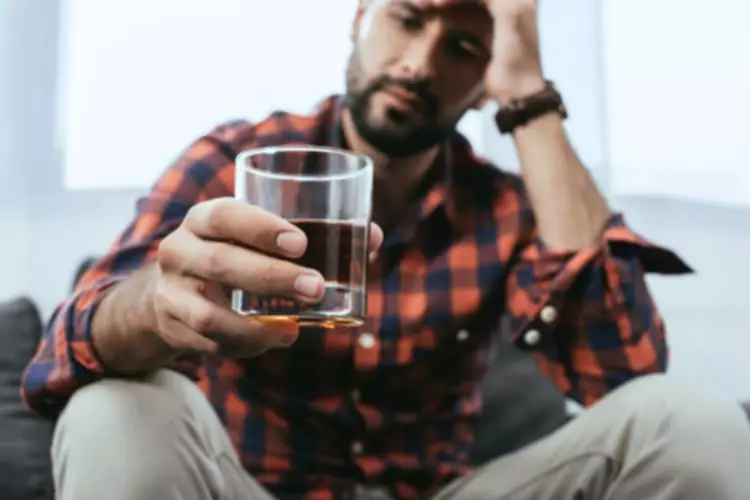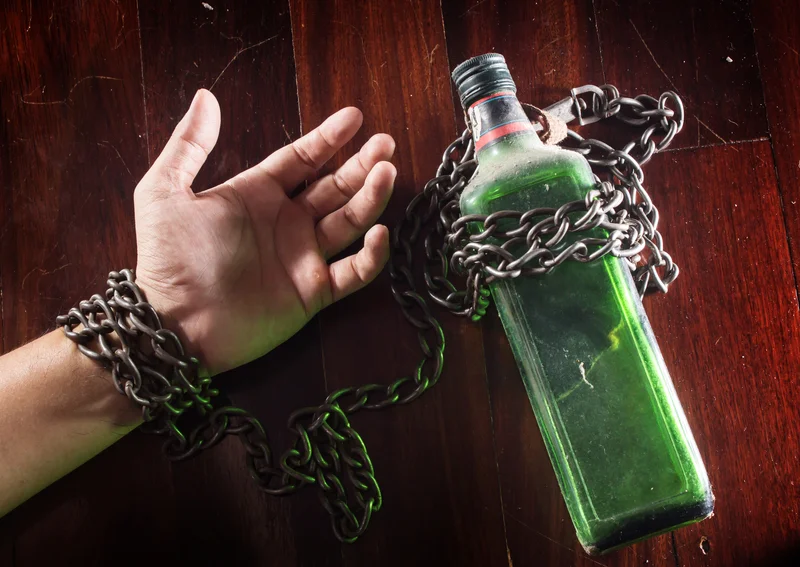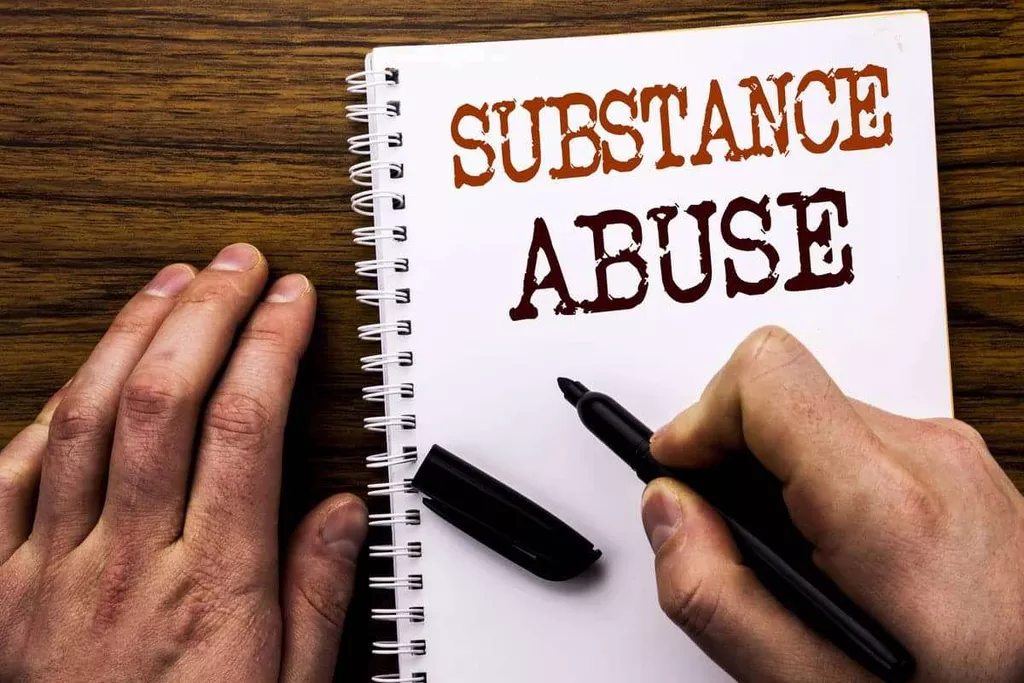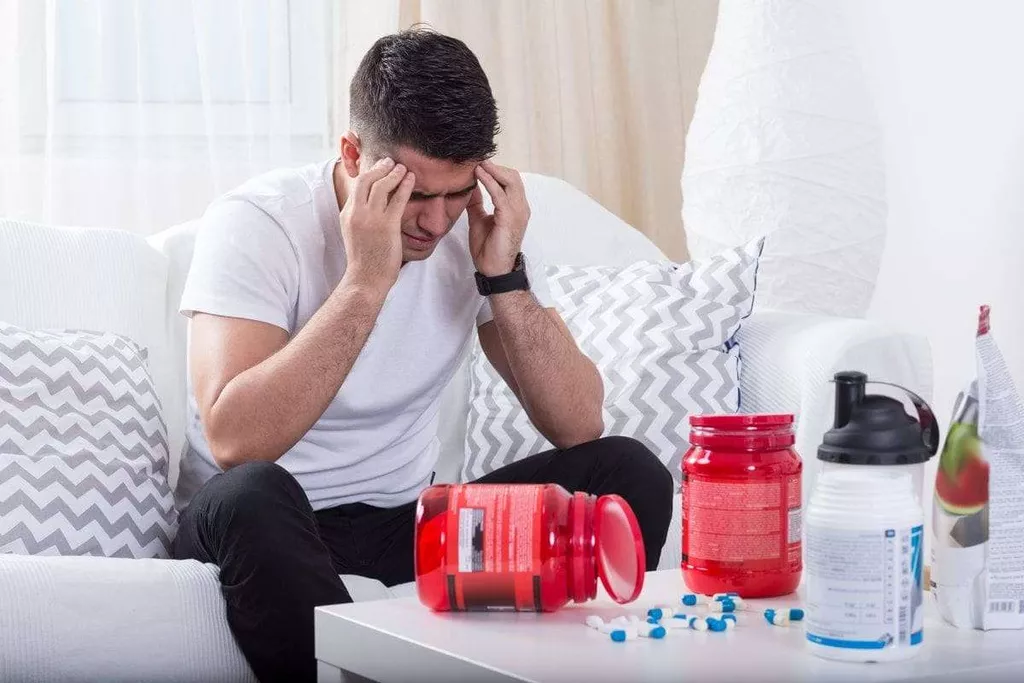We asked health experts what really happens when you take alcohol out of the equation for a month (or longer). If you’re just starting out, I encourage you to check out the Sobriety Roadmap and Resource Center. It has articles on every topic imaginable related to quitting drinking and is continuously updated.
After One Week
I don’t have a single friend who doesn’t have a family member who is spiraling and all through the lockdown. And coming out of the last three years, it doesn’t feel like a new normal. It feels like there is something that’s been bubbling underneath the surface. And if it hasn’t already erupted with the young people in your life, it feels like everybody is very tender and that there is something going on beneath the surface. And so I would love for you to talk about what you’ve seen and what your concerns are about what and how this age group 11 to 25 roughly experienced the last three years, social isolation and lockdown.
Day 16
The liver is responsible for metabolizing alcohol, and heavy drinking can result in fatty liver, inflammation, or worse — potentially cirrhosis (scarring of the liver tissue) or even liver cancer. A month’s break from alcohol allows the liver to start repairing itself, improving liver enzyme levels and reducing inflammation. Your body’s systems bounce back over time, but after about 30 days, you’ll start seeing a difference. There’s also likely to be some weight loss within a month, due to the absence of the calories you were ingesting in alcohol (as long as you haven’t swapped them for equally high-calorie comfort foods). Light drinkers tend to be mostly spared from the effects on the liver, but for heavy drinkers, the liver becomes inflamed, which can be dangerous over time,” says Dr. Mosquera.
New Lifestyle And Routines
Additionally, your brain begins to recover from the effects of alcohol. Your cognitive function, memory, and concentration should start to improve. Now that we have an idea of some of the benefits of quitting alcohol, we can look at when to expect them after we stop drinking. Let’s start at the very beginning, and look at what happens the first day after we quit alcohol. what happens when you stop drinking alcohol Studies have shown that after a couple of weeks sober, you start to reduce the damage to your brain and your blood vessels. It’s also likely you’ll want to do more exercise because you’re less physically tired, which will also help your sleeping pattern and mental health.
When you stop drinking alcohol and replace it with water, your body will begin to rehydrate itself and absorb more water into the bloodstream and cells throughout the body, including the brain. One of the first few signs of improved hydration status is healthier-looking skin. Less wrinkles, less puffiness, a decrease in red blotches, and a brighter glow are signs of improved skin due to better hydration status. After you are out of the withdrawal phase, you may start to have stronger cravings and urges for alcohol. There are medications to help control these urges and cravings, as well as therapy and support groups that can help teach you healthy coping techniques. Your experience after cutting out alcohol will greatly differ based on your previous level of drinking.
Quitting Alcohol Timeline: What Happens When You Stop Drinking?
- Quitting alcohol without professional support can lead to severe health risks.
- You may also start to notice physical improvements such as clearer skin and better digestion.
- Talk to your doctor about what treatments make sense for you.
- Your alcohol-induced anxiety levels have likely stabilized, too.
- She has extensive experience working alongside clinicians and providers to create physical and mental well-being content that’s useful, informative, and clinically effective.
Finally, alcohol ingestion can negatively impact the action of dopamine—a neurotransmitter and hormone that also affects your sleep. While you’re unlikely to notice, unless it is excessively high, your blood pressure will decrease. For example, patients of all ages who come to us drinking heavily have exceedingly high blood pressure.
When you stop consuming alcohol after prolonged, heavy use, your CNS can’t respond or regulate itself fast enough. It becomes overexcited because there’s no more alcohol to slow it down. This overload of activity results in withdrawal symptoms. Go to https://ecosoberhouse.com/ the nearest emergency room or call 911 (or your local emergency service number) if you or a loved one has any concerning symptoms of alcohol withdrawal.
Drink More Water
- “Now aged 54 and post-menopause, I am still living a sugar-free life.
- With the right nutritional and lifestyle strategies, you can minimize the symptoms of post-acute withdrawal syndrome (PAWS).
- Even with a healthy diet of whole grains, fresh fruits, and vegetables, you might still crave candy and other sugary treats.
- While milk is indeed a convenient source of these nutrients, it is not the only source.
- It can be helpful to write down your reasons for quitting and the difficulty of withdrawal while it is fresh in your mind.
- Now is an important time to lean on your support system and recovery tools.
- This will lead to improved self-confidence and likely further improvements in your diet and exercise.
According to the American Heart Association, as you age, even one drink a day could raise your blood pressure, a drug addiction treatment risk factor for cardiovascular disease. Many sober people say they experience a boost in self-esteem, and improved mental clarity. Sleep patterns stabilise resulting in more consistent and restorative sleep, which alone can have a significant impact on our long-term health.







